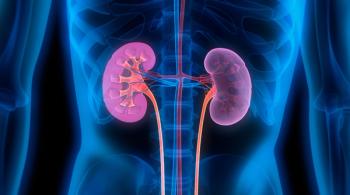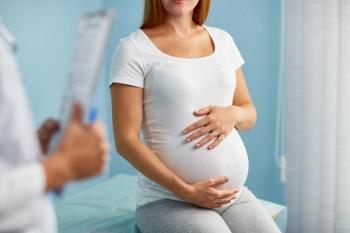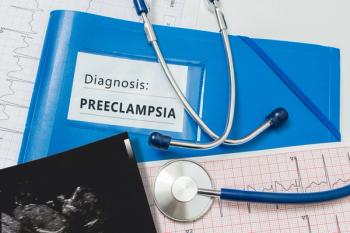
A comprehensive study highlighted that pregnant women with COVID-19 have a lower incidence of post-acute sequelae compared to non-pregnant women, emphasizing the need for tailored clinical care.

A comprehensive study highlighted that pregnant women with COVID-19 have a lower incidence of post-acute sequelae compared to non-pregnant women, emphasizing the need for tailored clinical care.

Recent research reveals a correlation between preeclampsia and heightened risk of young-onset dementia, shedding light on potential long-term consequences of this pregnancy complication.

A recent study found that obese patients undergoing induction of labor experienced similar delivery times regardless of whether they received 50 μg or 25 μg of vaginal misoprostol, though multiparous patients showed faster delivery with the higher dosage.

A recent study highlighted the significant association between adverse pregnancy outcomes and an elevated long-term risk of chronic kidney disease, emphasizing the need for heightened awareness and monitoring.

Review some of the top stories from the Contemporary OB/GYN website over the last week, and catch up on anything you may have missed.

A recent study reveals a significant association between accelerated biological aging and preterm birth, highlighting the need for further research into this potential risk factor.

Utilizing magnetic resonance imaging and ultrasound models to predict fetal weight in primigravid women can significantly reduce macrosomia-related adverse outcomes, with MRI showing superior accuracy.

A recent study reveals that adolescents with autism and other developmental disabilities have fewer visits to obstetrician-gynecologists and lower hormonal contraceptive use compared to their typically developing peers, highlighting a need for improved reproductive health services.

Review some of the top stories from Contemporary OB/GYN's coverage of ACOG 2024, and catch up on anything you may have missed.

Mary Claire B. Manske, MD, discusses her findings on the unexplained increased risk of brachial plexus birth injury among Black and Hispanic infants, highlighting the need for improved prenatal care and further research.

Experts discuss the necessity of evolving prenatal care through innovative models to better meet patient needs and incorporate advances such as telemedicine.

A new study presented at the 2024 ACOG meeting reveals a significant rise in endometriosis among pregnant women over the past 20 years, linking the condition to increased obstetric and neonatal complications.

New ACOG 2024 data suggest SARS-CoV-2 in the early stages of pregnancy can lead to a higher likelihood of preeclampsia, as well as more severe disease.

In this video interview, Jamila Perritt, MD, discusses her presentation at the 2024 ACOG Annual Clinical and Scientific Meeting on how ob-gyns can be an effective advocate.

Paula Emanuela Voinescu, MD, PhD, director of the Women's Epilepsy Program at Brigham and Women's Hospital, talked about the influence of sex hormones on maternal outcomes in pregnant women with epilepsy treated with antiseizure medication.

A recent study highlights the heightened risks of maternal and neonatal morbidity and mortality associated with combined cannabis and nicotine use during pregnancy, urging further investigation into their impact on short- and long-term outcomes.

Discover how recent findings highlight the significance of echogenic masses in accurately diagnosing post-pregnancy complications, shedding light on effective management strategies and reducing the need for invasive interventions.

A recent study reveals associations between concomitant histological fetal inflammatory response and adverse neonatal outcomes, urging further investigation into implications.

As teenagers become sexually active, are they fully educated on contraception and pregnancy?

A review of 5 studies reveals a significant 1 in 4 incidence of adverse maternal outcomes following uterine conservation in patients with placenta accreta spectrum, underlining the importance of expert multidisciplinary care.

Discover the findings from a recent study highlighting the need to enhance vaccination rates among pregnant individuals living with HIV, shedding light on key factors influencing vaccine receipt.

Review some of the top stories from the Contemporary OB/GYN website over the last week, and catch up on anything you may have missed.

A pair of studies from AUA 2024 show neither drinking nor vaping by either parent is associated with significantly increased risk of a spontaneous abortion.

New data show women of specific race and ethnicity may more be adversely affected by the changing state-level laws on abortion access.

A recent investigation revealed how integrating maternal plasma cell-free DNA profiles significantly refines predictive accuracy in early- and late-onset preeclampsia.